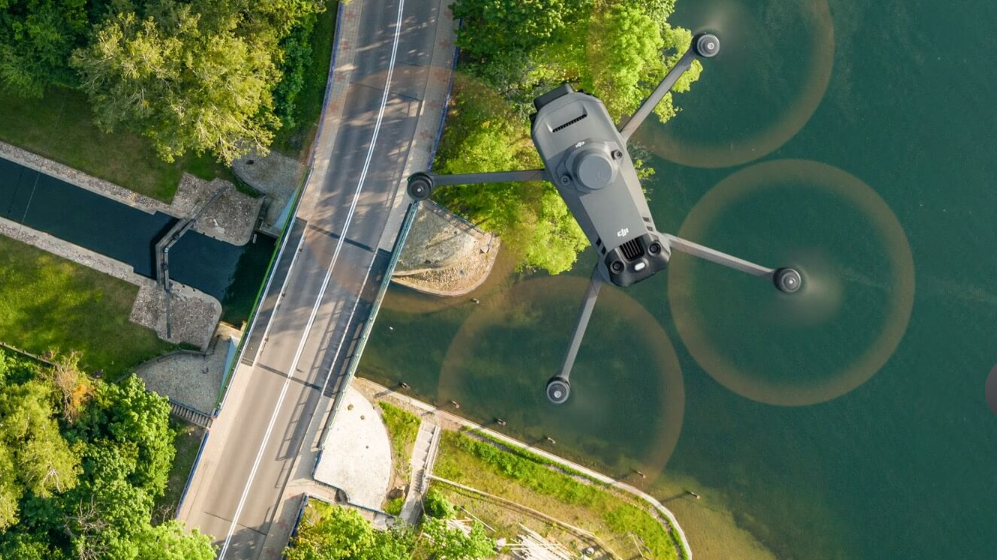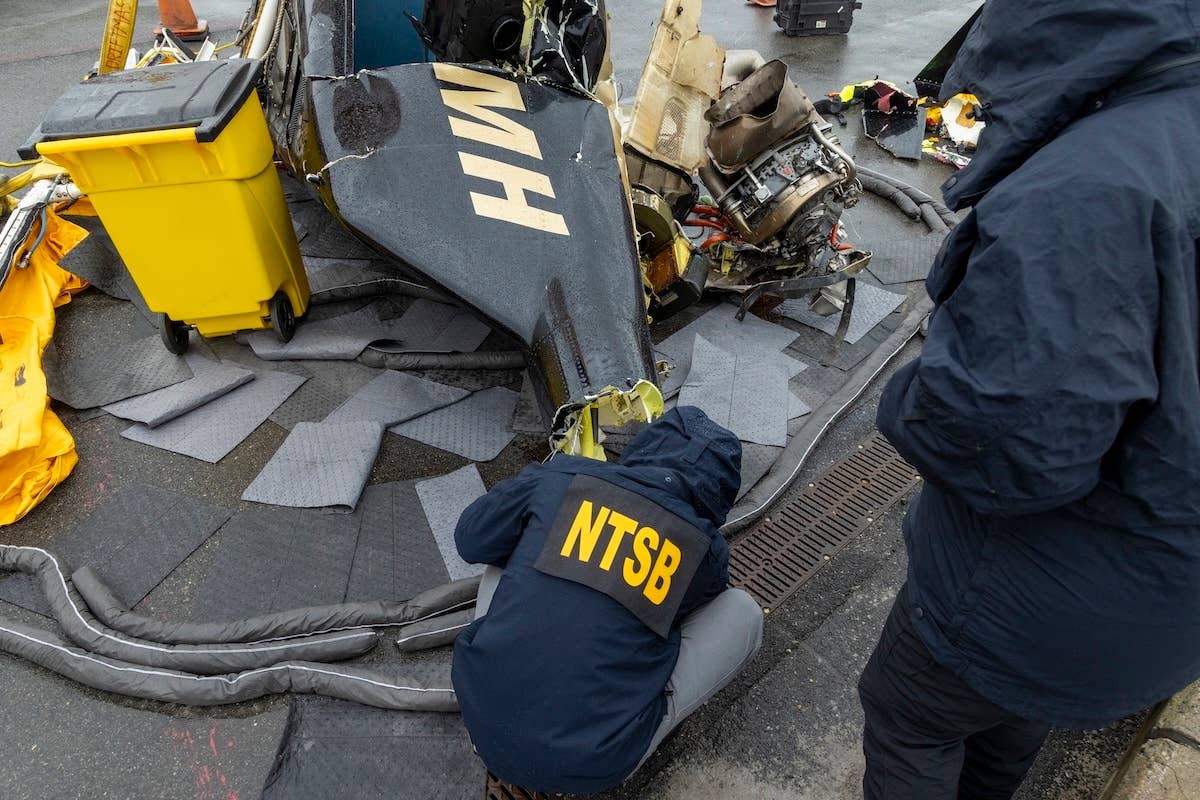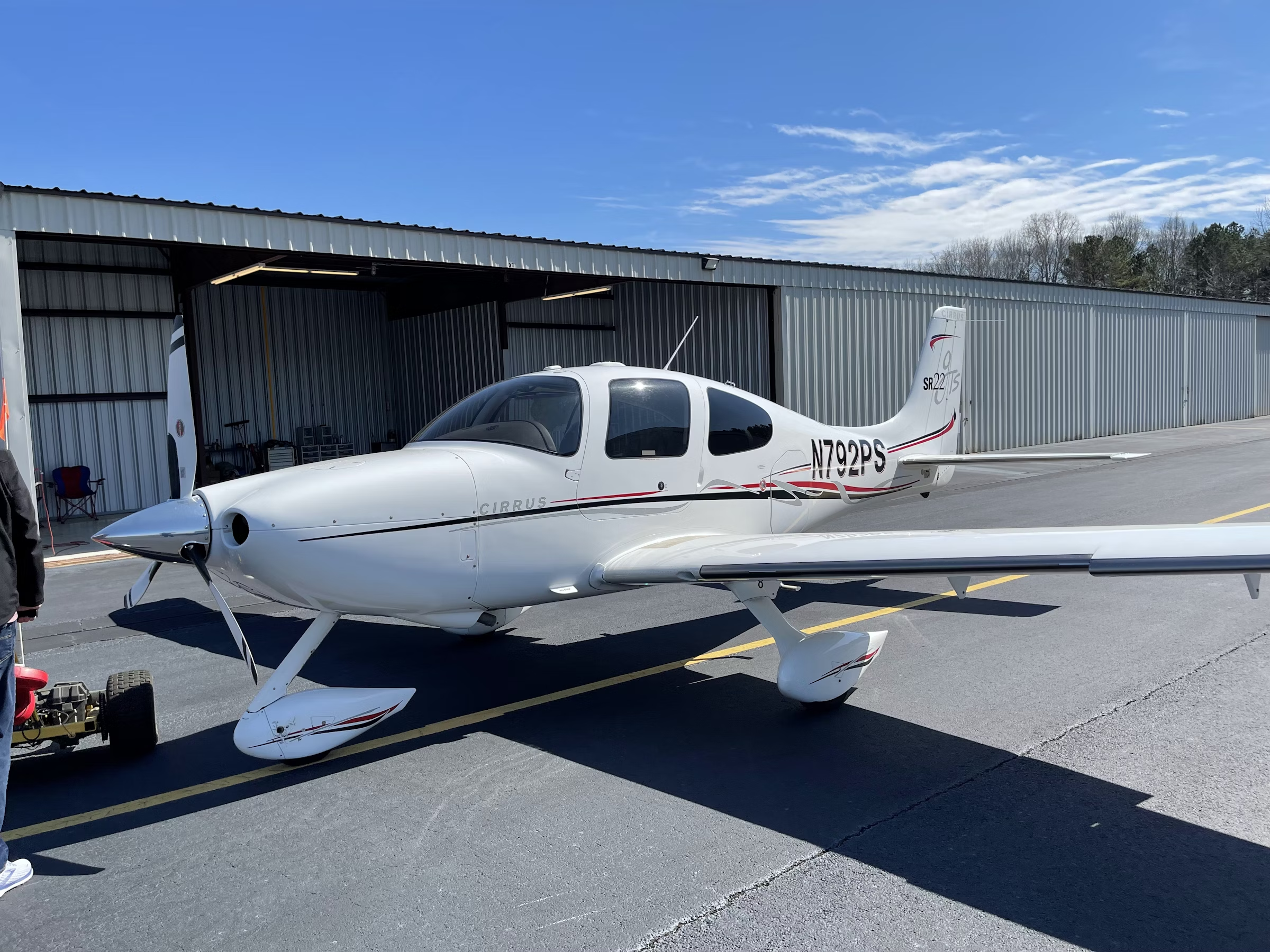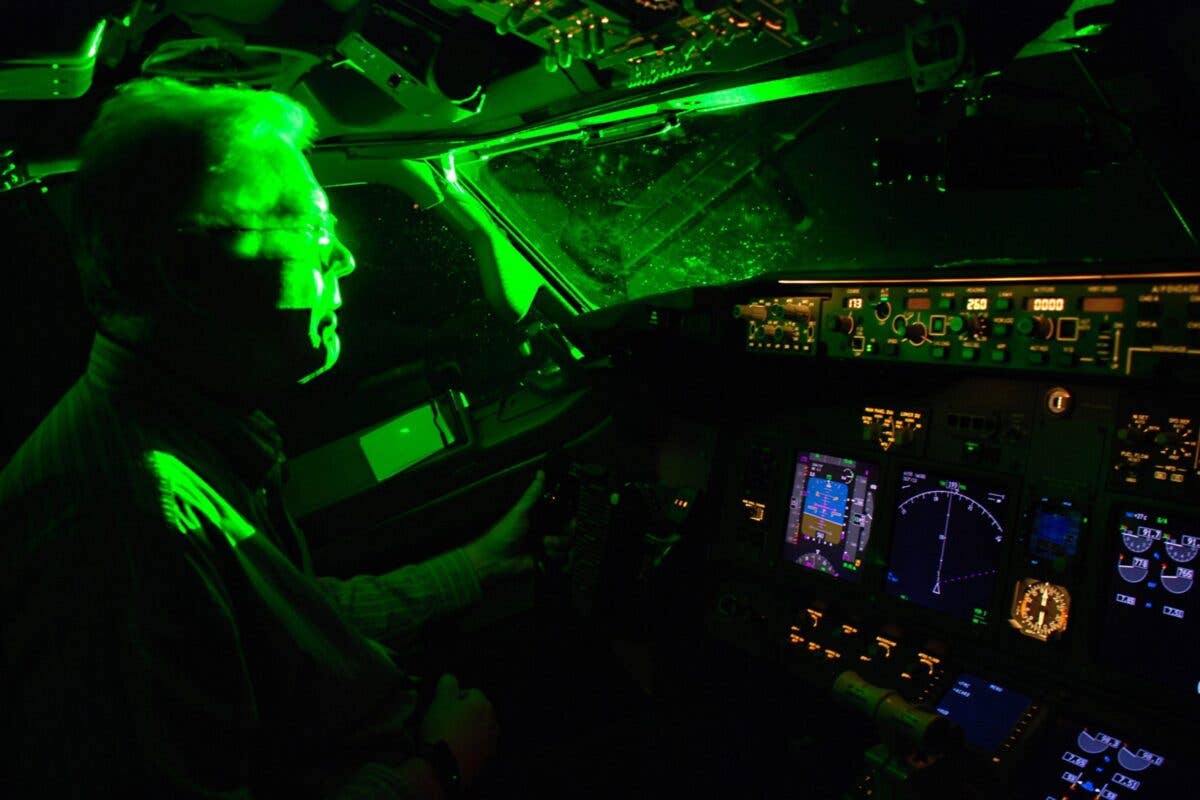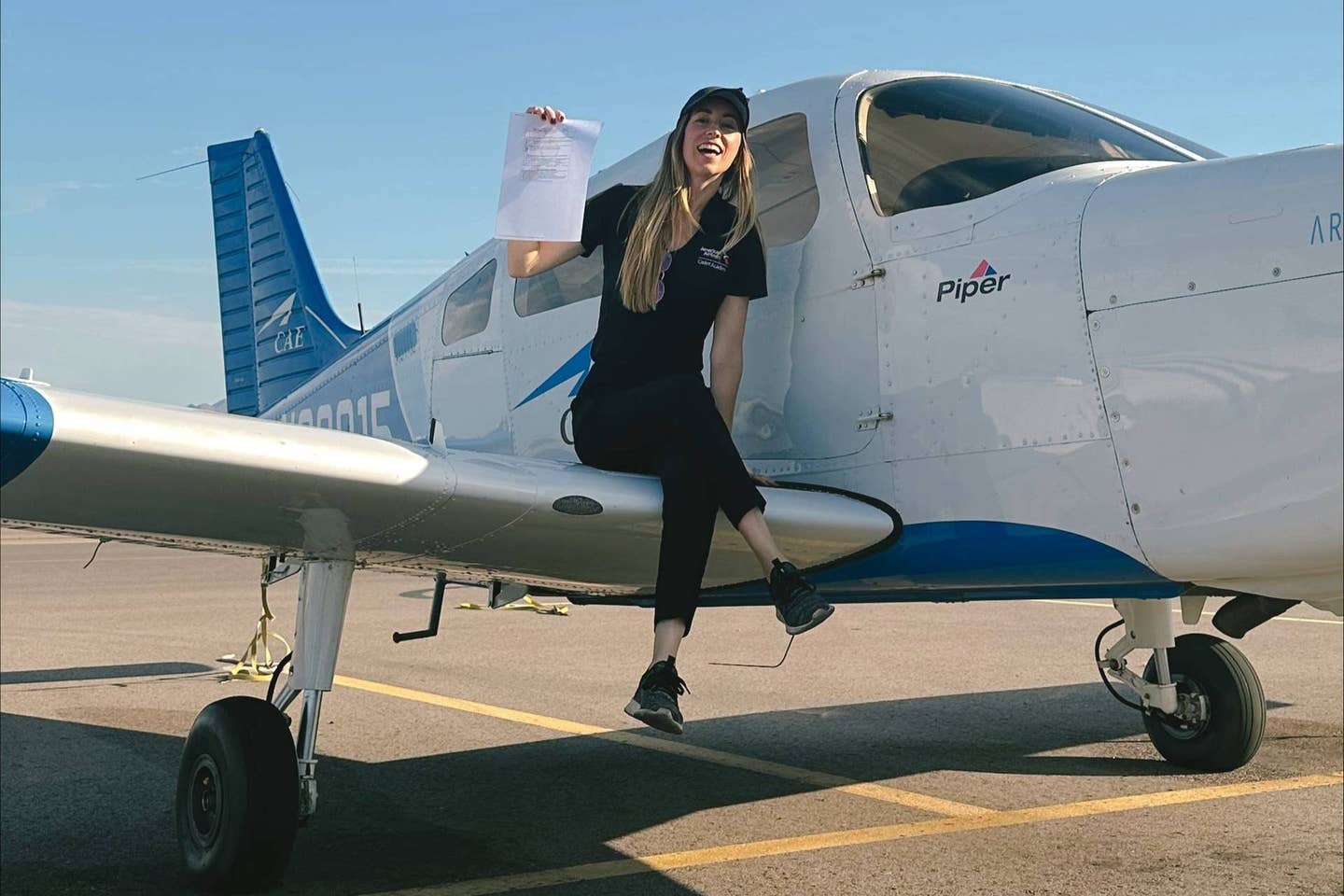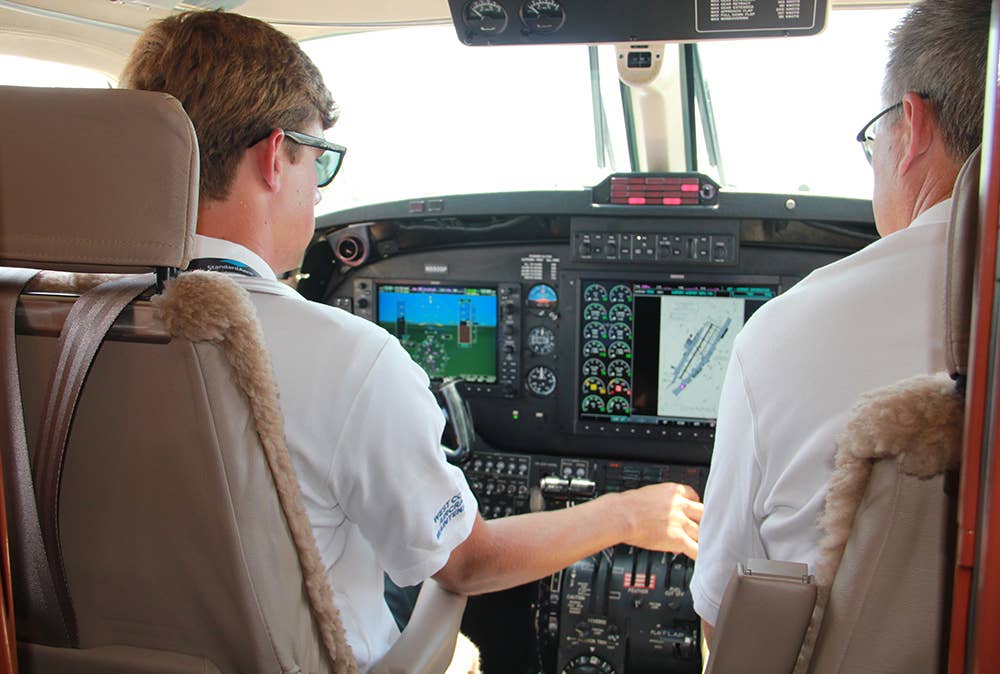Joby Passes on California, Picks Ohio for first Scaled eVTOL Manufacturing Plant
The company may still expand its presence in Marina, where it recently wheeled its first production aircraft off the assembly line.
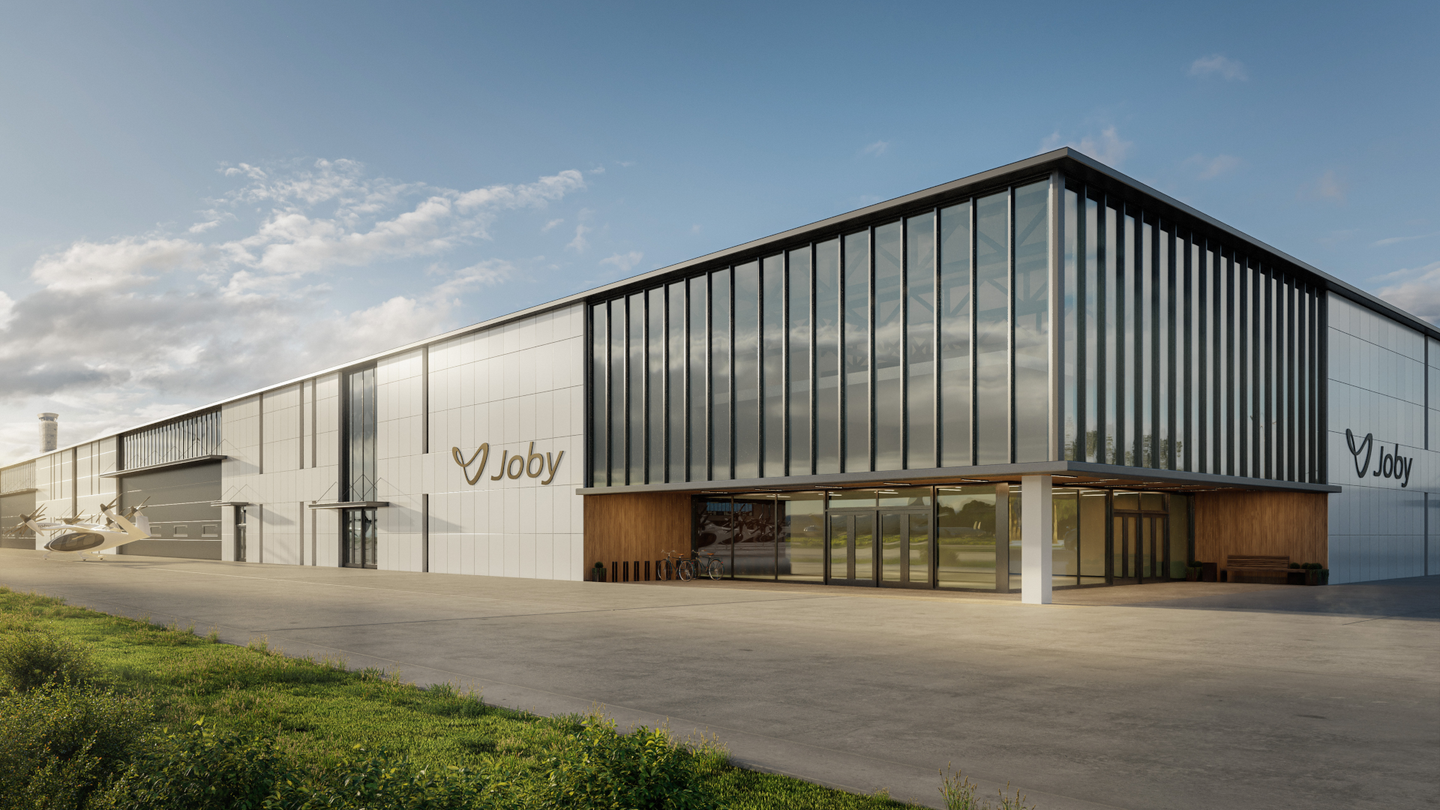
A digital rendering of Joby’s planned Dayton, Ohio, manufacturing plant, scheduled to open in 2025. [Courtesy: Joby Aviation]
Correction: A previous version of this story incorrectly suggested Joby could be held back by a lack of aircraft orders. The company is not taking orders for its air taxi and will operate the aircraft through its rideshare service partnership with Delta. In addition, it has commercial operational agreements in Japan and South Korea.
The birthplace of the earliest airplanes will soon be home to some of the most futuristic aircraft under development.
Dayton, Ohio—where the Wright brothers lived, worked, and opened the nation’s first airplane factory in 1910—on Monday was announced as the site of electric vertical takeoff and landing (eVTOL) aircraft manufacturer Joby Aviation’s first full-scale manufacturing plant.
The company passed over potential locations in Michigan, North Carolina, and Marina, California, which had hoped to lure back the company for more after it opened its pilot production line there a few years prior. Joby has had a presence in Marina since 2018 and will continue to expand its facilities there.
While the Marina plant is capable of producing tens of aircraft per year, Joby’s new manufacturing hub will be capable of delivering up to 500 air taxi units annually. The 140-acre site at Dayton International Airport (KDAY) has enough space for the company to one day build 2 million square feet of manufacturing assets.
Construction on the plant is expected to start next year, with full-scale operations beginning in 2025. In the meantime, Joby plans to use existing nearby buildings to begin initial activities. It will invest $500 million in developing the site, which is expected to create up to 2,000 jobs.
“We’re building the future of aviation right where it all started, in Dayton, Ohio,” said JoeBen Bevirt, founder and CEO of Joby. “The Wright brothers harnessed revolutionary technology of their time to open up the skies, and we intend to do the same—this time, bringing quiet and emissions-free flight that we hope will have an equally profound impact on our world.”
Joby plans to begin hiring for its Ohio facility in the coming months. Early roles are expected to focus on the build-out of the site and the machining of parts that will first appear on the Marina production line.
In addition to Joby’s half-billion-dollar investment, as much as $325 million in state and local incentives are available to support the project, including from the state of Ohio, JobsOhio, and local political subdivisions.
“When Lieutenant Governor [Jon] Husted spoke at the DDC’s annual meeting in February 2022 and challenged us to land an eVTOL manufacturing facility in the Dayton region, we were ready,” said Jeff Hoagland, president and CEO of the Dayton Development Coalition. “Twenty years ago, we developed a strategy aimed at supporting an emerging industry that not only aligned with the missions at [Wright-Patterson Air Force Base], but represented the opportunity for private industry investment, as well. Our region’s eVTOL tagline has urged companies to leverage the region’s network of resources and, ‘Come here to test, stay here to build.’ Joby is doing exactly that.”
Adding to those incentives, Joby said the U.S. Department of Energy invited it to submit a Part II application under the Title XVII loan guarantee program, which would support the construction of the facility as a clean energy project.
Toyota—Joby’s largest investor that has poured more than $400 million into the firm to date—will advise Joby as it prepares for scaled production. The automaker also supported the design and launch of the company’s Marina facility and recently agreed to supply powertrain and actuation components for its eVTOL.
Bevirt and Joby have really hammered home the Wright brothers connection. On Monday morning, the company will hold an event at Hawthorne Hill—once home to Orville Wright—to celebrate the launch. The event will be capped with a ceremonial flyby of a replica Model B Flyer, the world’s first production airplane.
Outside of the aviation pioneers, Dayton is also home to Wright-Patterson Air Force Base and the headquarters of the U.S. Air Force Research Lab (AFRL), a key resource for Joby as it has developed its aircraft. Joby is registered as a company in Ohio that operates electric aircraft technology simulators in the Dayton-Springfield area.
A Blow to Marina
The company’s local ties may have tipped off some observers to its eventual choice. But it nonetheless deals a blow to Marina, which had showered Joby with incentives in a bid to get it to expand its presence. The California city reportedly offered a $226 million package including grants and tax incentives in May. Joby’s 120,000-square-foot facility at Marina Municipal Airport (KOAR) currently allows the company to produce prototypes and conduct flight testing.
Detroit’s Coleman A. Young International Airport (KDET) was also under consideration, but it and Marina were reportedly ruled out as potential options in August. By that point, Joby had narrowed its selection down to Dayton and a location in North Carolina, where Toyota operates its U.S. battery manufacturing plant.
On the company’s second-quarter 2023 earnings call in August, Bevirt said there has been a “remarkable amount of interest” in hosting the facility. Per TechCrunch, the state of Ohio tried to sweeten the deal with a $110 million incentive package, which may have moved the needle.
“Joby’s selection of Ohio as the site for its first scaled aircraft production facility followed an extensive competitive site selection process and is contingent upon standard due diligence, state and local approvals of incentives, permitting and other legal and regulatory matters as customarily accompany such investment projects,” the company said in a press release.
The company clarified that its Santa Cruz headquarters (which debuted in June), research and development facilities, and pilot production line will all remain in California. Reportedly, it’s also still planning an expansion of the Marina facility. It currently has 150 open job positions in the state.
Looking Ahead
With the goal of flying aerial ridesharing networks—à la Uber—in New York and Los Angeles in 2025 in partnership with Delta, Joby has a few more crucial steps to achieve. Type certification is the big one.
But things are certainly looking up for the top company on SMG Consulting’s most recent Advanced Air Mobility (AAM) Reality Index, a ranking of manufacturers based on their ability to produce thousands of units per year of a commercial product.
Joby earned that spot in part because of the rollout of its first production prototype aircraft from its Marina production line in June. The tiltrotor eVTOL is designed to carry a pilot and four passengers over a distance up to 100 sm (87 nm), cruising at 200 mph (174 knots). Joby says the aircraft’s quiet noise profile will make it barely audible within a city’s soundscape.
The company in June also received an FAA special airworthiness certificate for its production model, a key milestone that allowed it to begin flight testing. Early next year, it will deliver the first two of nine air taxis to Edwards Air Force Base in California as part of its $131 million contract with AFWERX Agility Prime, the vertical lift innovation arm of the Air Force.
Per SMG, Joby is by far the most well-backed company in the AAM industry, with more than $2.25 billion in funding. That’s more than double rival Archer Aviation and dwarfs the next-highest competitor, Germany’s Lilium.
The main thing holding Joby back would perhaps be scale. Players such as Vertical Aerospace and Embraer subsidiary Eve Air Mobility have racked up mass eVTOL orders in the hundreds, with total orders in the thousands. Joby is not taking orders for its aircraft, instead relying on a network of service partners.
In addition to its partnership with Delta in the U.S., the firm has commercial operational deals in place with Japan's ANA Holdings and South Korea's TMAP and SK Telecom to bring services to those countries. It also has an agreement with Uber, part of its acquisition of the firm's AAM arm Uber Elevate, to integrate its ridesharing service into the company's app.
A comparatively early entry into service in 2025 would help assuage market share fears in the U.S.. The company will likely have an easier time garnering commercial partners once they’ve seen its aircraft in action.
Like this story? We think you'll also like the Future of FLYING newsletter sent every Thursday afternoon. Sign up now.

Sign-up for newsletters & special offers!
Get the latest FLYING stories & special offers delivered directly to your inbox

